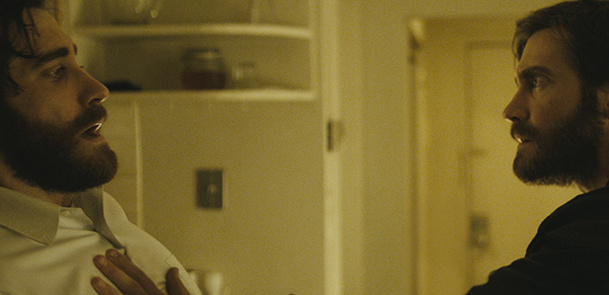 Adam Bell is a disheveled history professor who seems completely disinterested in his entire existence. He has a beautiful girlfriend, a nice job, but he can't seem to shake this feeling that something is missing. One night while watching a movie on the recommendation of a colleague, Adam spots a bit-part actor Anthonly Clair, who looks exactly like him. Startled at first, Adam decides to track down this identical looking man, with their lives becoming bizarrely intertwined to the point where there is no going back. While Prisoners was a strong film in its own right, at times it didn't feel like a film made by Denis Villeneuve, with Enemy being a nice return to form. Through the years Denis Villeneuve has proven to be a master at developing an atmosphere and Enemy is no different. Not much happens in Enemy from a narrative perspective but it bristles with unease and tension. Villenueve uses well placed compositions, an effective score, and even the cityscape architecture itself to give Enemy a truly ominous tone. Enemy is a deliberately enigmatic film that binds both the familiar and strange of its story together, effectively creating an unnerving experience that is bound to keep one's mind searching for the answers long after the film's conclusion. It's a film that is bound to create discussion and various theories about the intentions of the filmmakers and while that's certain to frustrate some, it certainly succeeds on what it sets out to. For me, Enemy is a film that doesn't necessarily have an end game in mind, and while this is bound to upset or annoy a lot of people, there is no denying that Denis Villeneuve has created a great example of artistic storytelling,
0 Comments
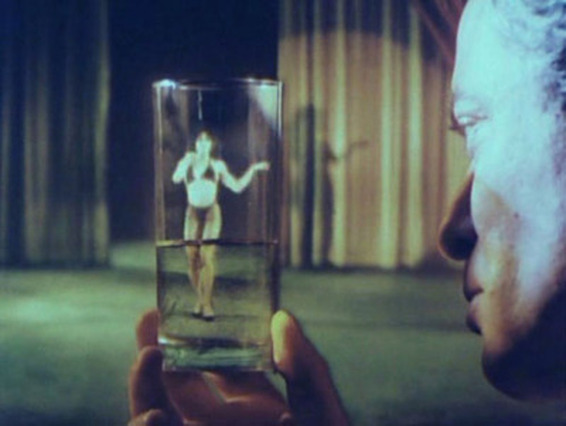 Raoul Ruiz's Three Crowns of The Sailor is a magical adventure spanning many locations that's as fantastically surreal as one would expect from Ruiz. The film begins in modern day Antwerp where an old drunkard sailor witnesses a young student, Tadeusz, kill his friend and benefactor; the owner of an antique shop. The sailor, knowing of this boys troubles, offers him work and a chance to escape to the open seas. In return the sailor asks for three Dutch crowns and the boy's ear, as the sailor wishes to share his tale of how he came to be aboard this vessel and the various places it has taken him. Three Crowns of Sailor is a film that defies almost all description, following this sailor as he visits opium dens, whore-houses, etc. where he meets an eclectic group of characters who could only be described as mystical or opaque. What Ruiz has crafted a story that is some strange hodgepodge of folklore, ghost story, and sophistication that together makes up a film far more interested in the journey than the idea of a cohesive narrative actually making sense. Essentially, the sailor discovers that he is on some type of ghost ship, the only living man aboard, with each story becoming more fantastical and hard to explain. As the film progresses, the lines between reality and fantasy completely blur for both the character and the audience as he meets more outlandish characters, like a Singapore professor who ages backwards for example, with the viewer being pulled along for the ride. The visual palette which Ruiz creates for this film is stunning, using a noir-esque black-and-white for the real-time segments between the sailor and the student, and a vast array of vivid colors ranging from red to orange to blue that personify the sailor's stories; a world that's full of life. Three Crowns of The Sailor can be an extremely difficult film to grasp but for me this film is a celebration of life, using an exaggerated reality to capture the vast amount of people, places, cultures, etc. that make up the world we live in.  The Hunger Games: Catching Fire picks up directly after the events of the first film, following Katniss Everdeen as she returns home to her district with fellow winner, Peeta. While winning was essential to their survival, it also means the two tributes have to embark on the Victor's Tour, where they visit each district. Going district to district, Katness and Peeta sense a rebellion simmering among the districts, which leads President Snow to announce the 75th Annual Hunger Games, a competition between previous victors, which threatens to change everything. Francis Lawrence's The Hunger Games: Catching Fire surpasses its predecessor in nearly every way, though it still falls short of being something truly interesting. Catching Fire has the same principle problem as its counterpart, being a very watered-down, boring social commentary that lacks the bite it needs to let its themes flourish. Being made with a younger audience in mind, Catching Fire is full of silly exposition, spelling out its themes and ideas in such a blunt way where subtlety is nowhere to be found. That being said, Catching Fire manages to capture the despair and desperation of these poor districts in a way the first film couldn't. I found the first part of the film, where Katniss and Peeta are on their "Victor's Tour" to be far more compelling and engaging than the later half, effectively helping the viewer understand the desperate state of the districts. While The Hunger Games series is a victim of its own young audience, Catching Fire is smarter and more interesting than its predecessor in every way. 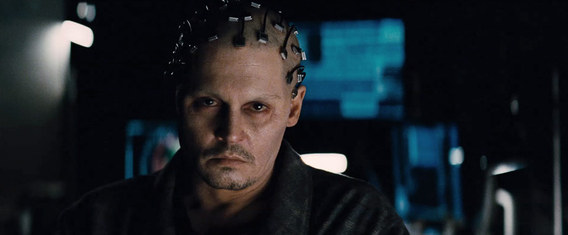 Dr. Will Caster, one of the smartest men on the planet, is a researcher working in the field of Artificial Intelligence. His main objective is to create a sentient machine that combines a vast amount of intelligence no man could ever possess with the full range of human emotions. His controversial experiments have made him the prime target of anti-technology extremists who will do anything to stop him. During one of Will's press conferences he is killed by these extremists but in doing so they inadvertently become the catalyst that enables Will to succeed. Will's wife, Evelyn and Max Waters, both fellow researchers, upload Will's consciousness into their most advanced computer systems but soon after the question becomes, can they trust it? Wally Pfister's Transcendence is a film bursting with ideas about man's relationship with technology but unfortunately the film's themes become incredibly muddled. Transcendence is one of the few films I can recall that has an interesting narrative with ideas but its themes become increasingly convoluted under the weight of the love story between Will and Eveyln. As the film ended I had no idea what type of point Transcendence was trying to make. Was it a parable about socialism (I doubt it), a warning about humanities reliance on technology?, or simply a story about the power of love. While a film could certainly be all three, this film finds these different ideas conflicting with each other throughout the narrative with seemingly no idea of what the film wants to truly say. On the more positive side of the spectrum, Transcendence is a visual treat that does provide a lot of unique visuals and special effects that along with an interesting enough narrative helps distance itself from so many of the other man vs. machine films. As far as I can tell, Pfister did an adequate job as a filmmaker and I found some of the production design to be quite engrossing. Wally Pfister's Transcendence is not the mess that some critics seem to indicate, delivering some unique blockbuster thrills but unfortunately the film doesn't really know what it wants to say. 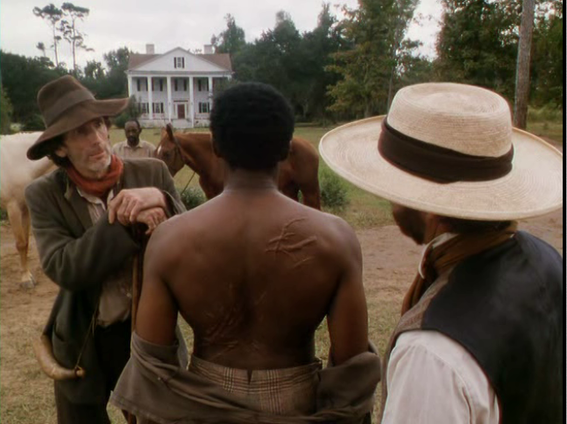 When I first learned that Charles Burnett had made a film about slavery that was produced by Disney I was quite skeptical to say the least. Nightjohn is without question Burnett's most accessible movie I've seen, telling a full account of slave life in the eighteen-fifties. The film is from the point-of-view of a young slavery girl, Sarny, whose mother was sold away from her at a very young age. She has little hope in her life until the arrival of Nightjohn, a slave whose hiding a secret which changes Sarny's life forever. While compared to Burnett's other work Nightjohn can be a bit didactic, melodramatic, and contrived but overall this is a powerful tale of the importance of education and literacy. Nightjohn is a film that doesn't simply set out to tell the audience that slavery is bad, which is certainly shown in spades, rather it's a film that views illiteracy as a central adjunct of slavery. Burnett wisely makes this his central theme, making Nightjohn work on two levels. This film isn't only a emotionally powerful history lesson but a call to action centered around the importance of knowledge and education, something which is very apparent even today. While the script can leave something to be desired, Burnett's impressive visual design and the cast's strong performances completely won me over as the film progressed. Although a one-dimensional character, Beau Bridges portrayal of the slave owner is maybe some of his finest work. Carl Lumbly as Nightjohn and Allison Jones as Sarny, who together are the bloodstream of the film, both give great performances as well, each playing extremely well off each other. Charles Burnett's Nightjohn is not the quintessential slavery film but it's an underrated film in an underrated director's filmography that deserves a look.  Joe Ransom, an ex-con, runs a tree-removal service where he employs a group of hard-working men who society has turned their back on. Joe's life is a daily struggle, attempting to dodge everything around him which could bring trouble back into his life. All of that changes when he meets Gary, a 15-year old boy, who alone attempts to support his family and himself. Gary's father is a complete drunkard, borderline sociopath, who routinely beats Gary and his sister as a way to remain in control of the household. David Gordon Green's Joe presents this small rural community as a place of despair and sadness, where the lines between good and evil are constantly blurred. Joe is a not a good man by traditional standards, a drunk who minds his own business in an effort to stay out of trouble. Through Gary, Joe is given a chance of redemption, as he begins to realize the only way to truly help Gary is to get involved. This is Joe's film through and through, and Nicholas Cage encapsulates this character with subtlety and grace, delivering one of his best performances in the better part of decade. The story of Joe and his relationship with Gary is the centerpiece of the film, providing a narrative that is incredibly gripping and unpredictable, keeping the viewer on the edge of their seat. There are segments in the film that are downright haunting and excruciating but none of the drama ever feels anything but organic and geniune. Thematically David Gordon Green's Joe is a film about redemption and hope in a place where little of either is anywhere to be found. It's not a perfect film by any stretch of the imagination but Green's Joe is a triumphant return for Nicholas Cage, delivering rich characters and a taught narrative set in a hopeless world.  Robin Wright plays an aging actress whose reputation for being unreliable has left her with little options. She reluctantly agrees to sell the rights of her digital image to Miramount Studios, giving away her very presence and the ability to ever act again. Flash forward twenty years, where Robin attends the Futurlogical Congress, which showcases Miramount's new technology, the ability for an individual to transform themselves into their favorite people or characters. Robin, haunted by her past decision, protests this product publicly to the masses which enrages Miramount. Ari Folman's The Congress is a half-animated, half live-action experience that is as ambitious as pretty much any other film I've ever seen. Spanning many years, the film transitions from time-period to time-period, from animation to live-action telling us a story about mankind's growing loss of identity thanks in large part to the deceptions of technology. The film is far from seemless, transitioning from segment to segment in a way that is downright confusing and hard to follow at times. In fact, much of the same could be said for the whole narrative. The film certainly has something to say about the relationship between technology and individuality, making an argument that they don't exactly correlate. We are shown a world where technology gives the individual an absolute way to escape their reality, completely shedding their identity for the sake of fitting into the norm. The Congress wants to express the importance of personal freedom and choice but it never fully reaches its grandiose intentions, though the ideas and ambition in the film deserve recognition. The animation in The Congress is certainly the high point of the film, delivering powerful, unique, and sweeping imagery. This is the type of film that will become a cult classic for the animation alone, with its psychedelic design sure to be watched with the assistance of drugs by many. Ari Folman's The Congress is a hard film to ignore given its ambition and beautiful animation but unfortunately it never quite achieves everything it sets out to say. 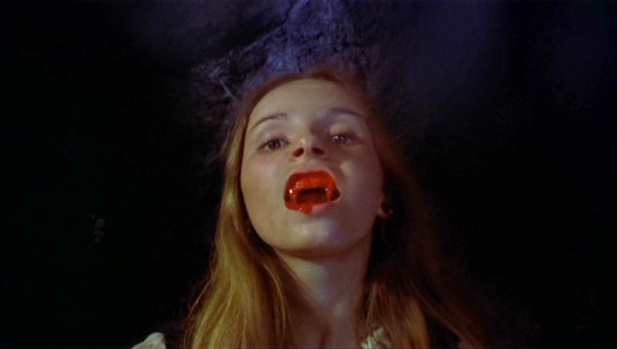 One of the more forgotten films of the Hammer collection, Robert Young's Vampire Circus is an incredibly stylish and violent effort which should not be missed. Vampire Circus takes place in the small town of Stettel, whose residents live in fear of the plague, which spreads from town to town. One day a traveling circus arrives known as the "Circus of Nights", which the villagers flock to in spades as a release from living in a constant state of fear. Of course, this traveling circus' intentions are more sinister than they could ever imagine, being made up of shape-shifting vampires and other creatures, intent on exacting their revenge on the villagers for murdering their master over a hundred years ago. Vampire Circus is an intense, surreal journey of dark fantasy, that puts more emphasis on style and atmosphere than many of the other Hammer monster films. The film is sexy and very violent, reminiscent of some of Jean Rollin's vampire flicks. By today's standards, parts of Vampire Circus can certainly come off as silly and fun but the film's inventive style in creating these supernatural characters and situations is where the film is very successful. There are countless scenes that show off the films inventive ideas, such as using optical effects and stop motion to create this sinister world. Robert Young's Vampire Circus is one of the more exciting, bombastic films of the Hammer film canon, delivering a stylish, fun time. 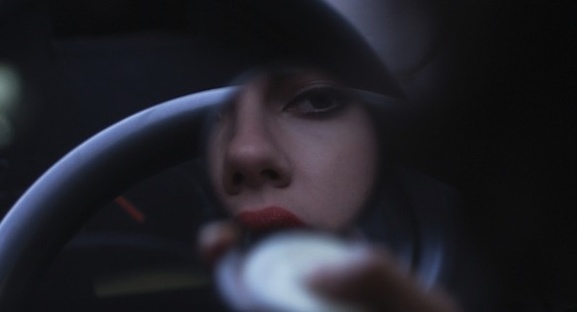 On paper, Jonathan Glazer's Under The Skin can be described in one simple sentence. It's the story of an alien who arrives on earth to seduce and kill human-beings. While this premise is fascinating what Glazer achieves on a thematic and emotional level is the true achievement. Jonathan Glazer's Under The Skin is the definition of a cinematic experience, a film that through beautiful imagery and sound design transports the viewer into the isolated, cold headspace of this alien being. Nearly the entire film revolves around Johansson's alien character traveling around Scotland, picking up various hitchhikers and other isolated individuals before bringing them home where they are sacrificed. Glazer isnt very interested in observing the aliens themselves, instead this film is about this alien studying humanity. Glazer's compositions are impeccable, and paired together with Scarlet Johansson's stoic performance, Under the Skin is one of the most observant films I've seen in recent memory. Many films attempt to capture humanity but what Under The Skin manages to achieve is remarkable, capturing humanity in all of its forms. Through this alien we see the ugliness, happiness, kindness, sadness, etc. that are all a part of humanity. As the film continues, Under the Skin begins to feel like a tragedy, with this creature beginning to embrace the fragility and emotion of humanity, knowing that she is trapped in a place where she has no real hope of survival. Jonathan Glazer's Under the Skin is the closest thing to an avant garde film in the body of a narrative, delivering a truly exceptional dissection of what makes us human. 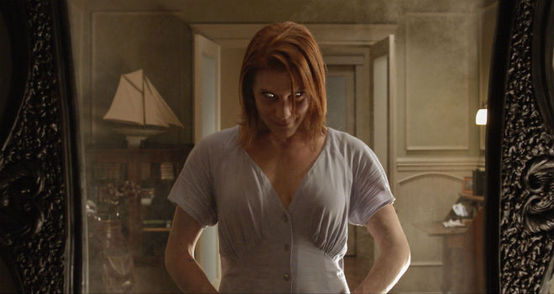 Ten years ago, a major tragedy destroyed the Russell family, leaving two young children, Tim and Kaylie, as the lone survivors. As a minor, Tim was convicted of the brutal murder of his parents. Now in his 20s, Tim is released, where he attempts to fix his life and reconnect with his sister Kaylie. While Tim just wants to start over, Kaylie is convinced that her parents' deaths were caused by a malevolent supernatural being living in a antique mirror. Obsessed with proving her brothers innocence and uncovering the truth, Kaylie tracks down the mirror and convinces her brother to help. Mike Flanagan's Oculus is one of the best American horror films in recent memory due to its ability to tap into such a primal state of fear. The supernatural entity in this film plays with the characters perceptions, manipulating their minds into seeing/feeling/doing whatever it desires. What makes Oculus work so much better than other films with similar ideas is the film itself has this effect on the audience, manipulating the viewer's perceptions in a way that makes it hard to discern what is real and what is imaginary, increasing the tension throughout. While Oculus is certainly stylish, it is not a film that relies on jump scares or cinematic tricky to create its scares. The narrative of the film is well structured too, going from past to present seamlessly, even using this back and forth to its advantage towards the end of the film to further disorient the viewer. Mike Flanagan's Oculus is a simple, dark story with strong characters and a unique villain, that together with a talented filmmaker, make it one of the best horror films in years. |
AuthorLove of all things cinema brought me here. Archives
June 2023
|
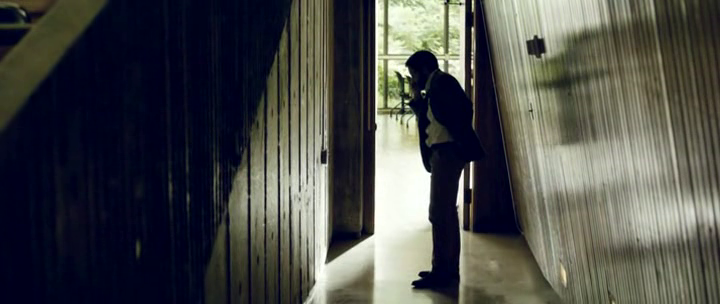
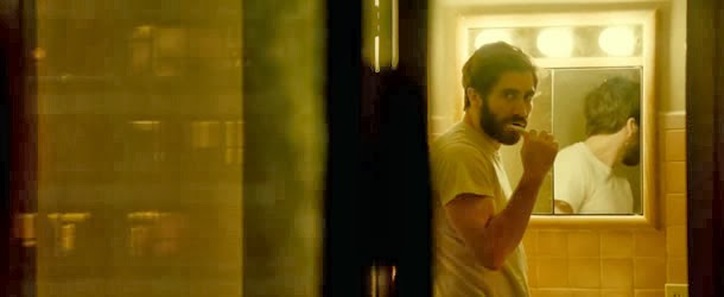

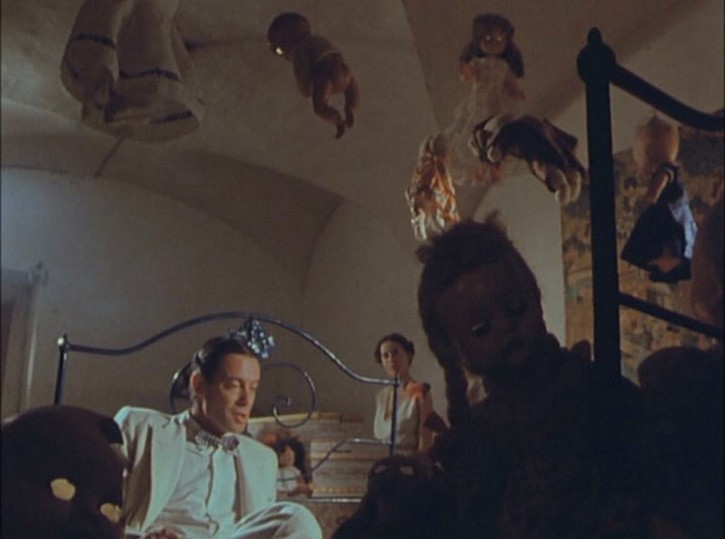
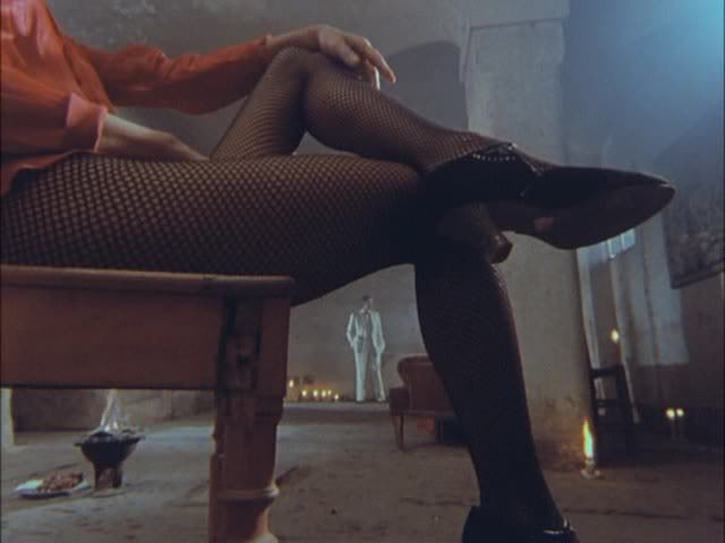
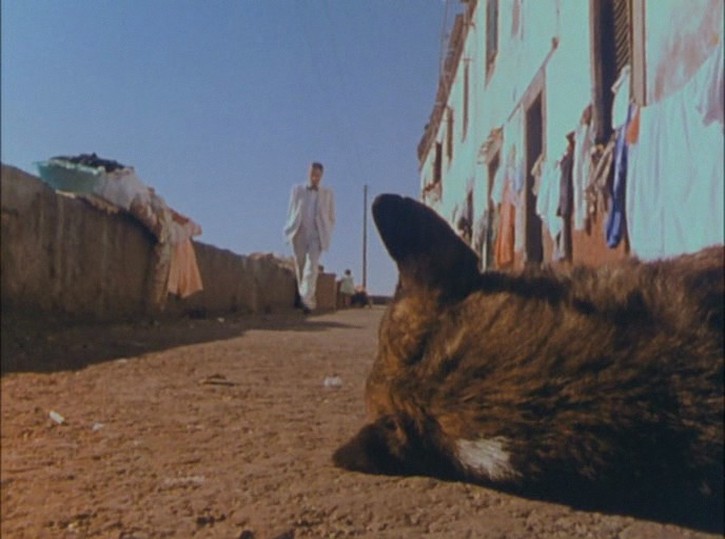
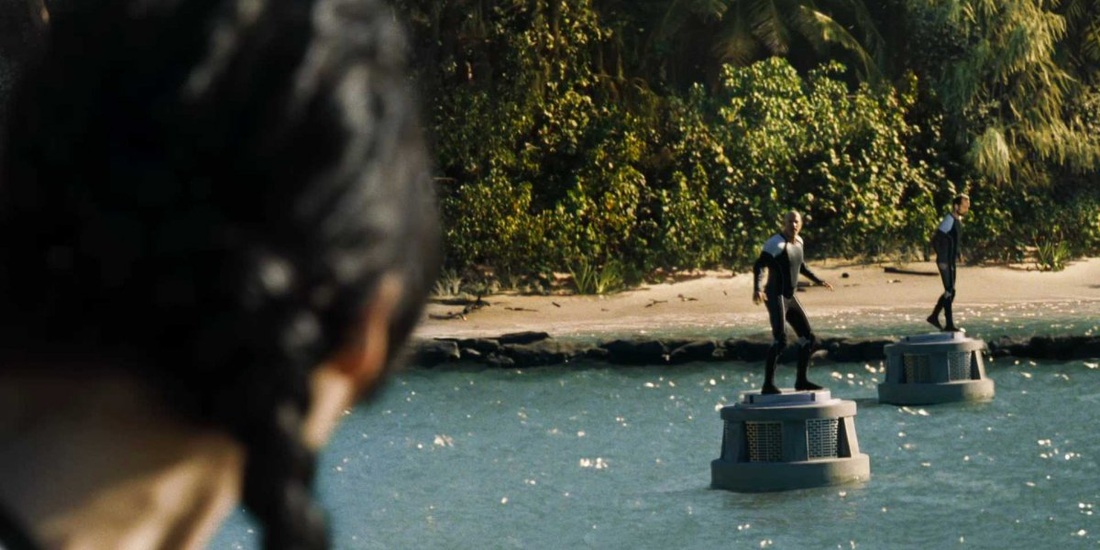
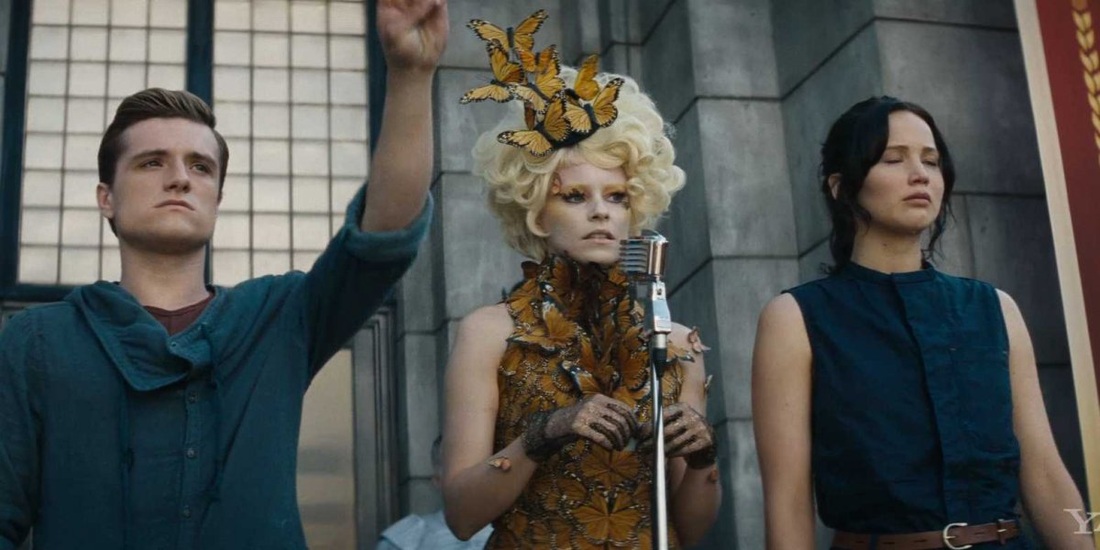
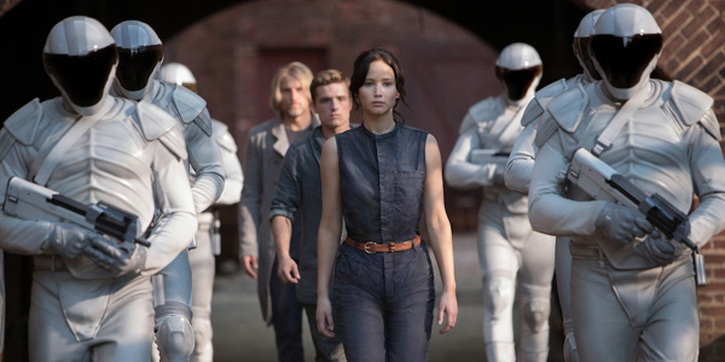
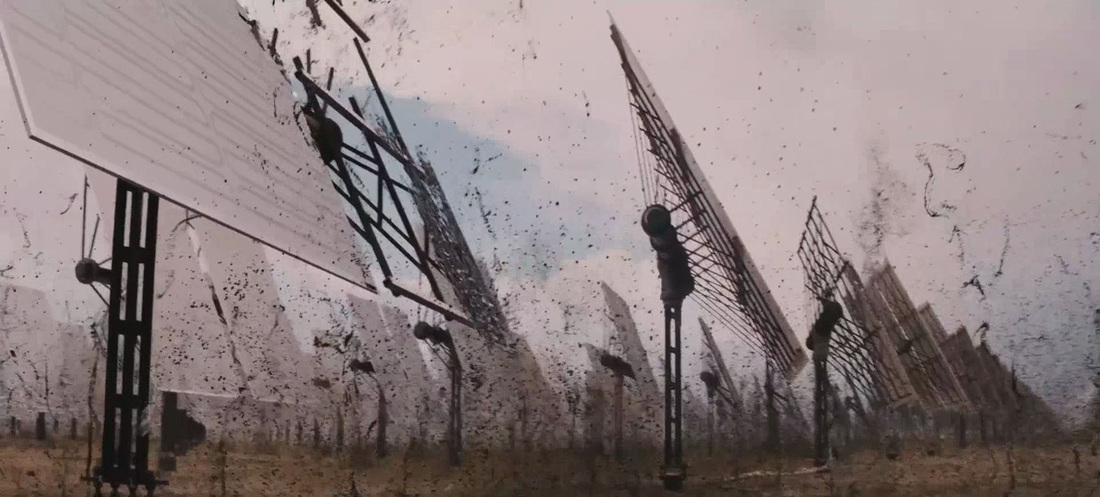
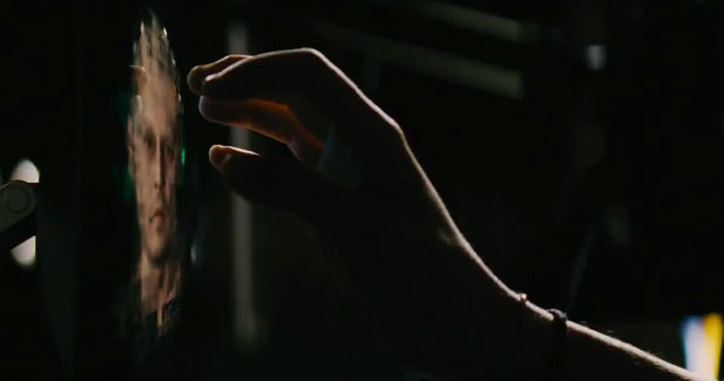
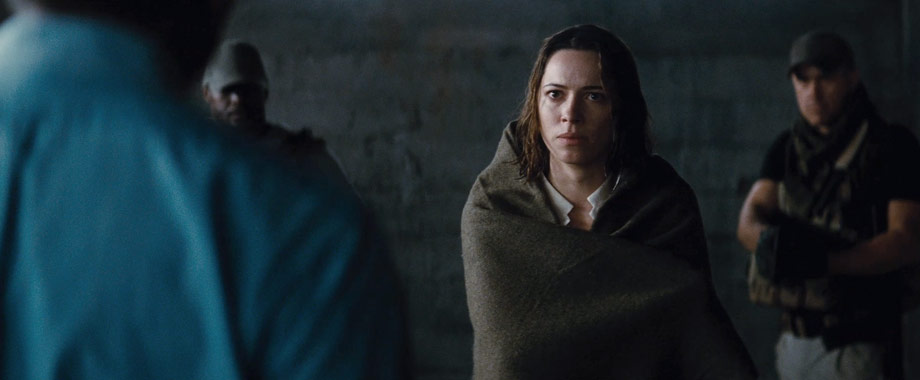
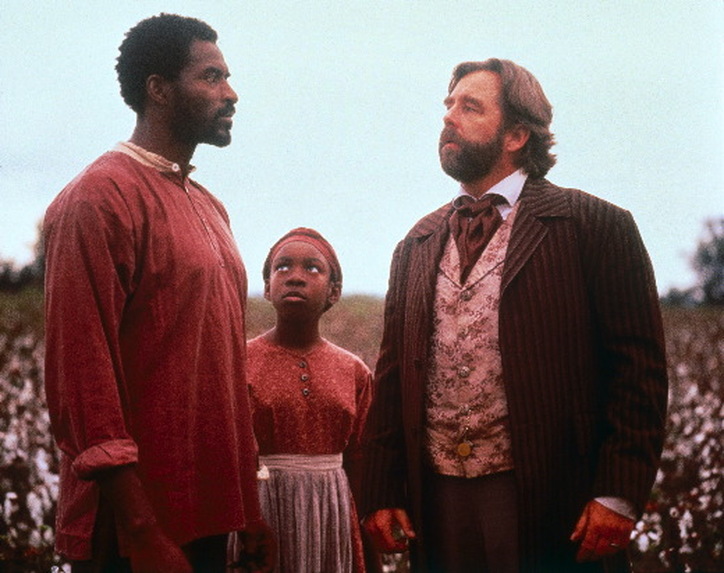
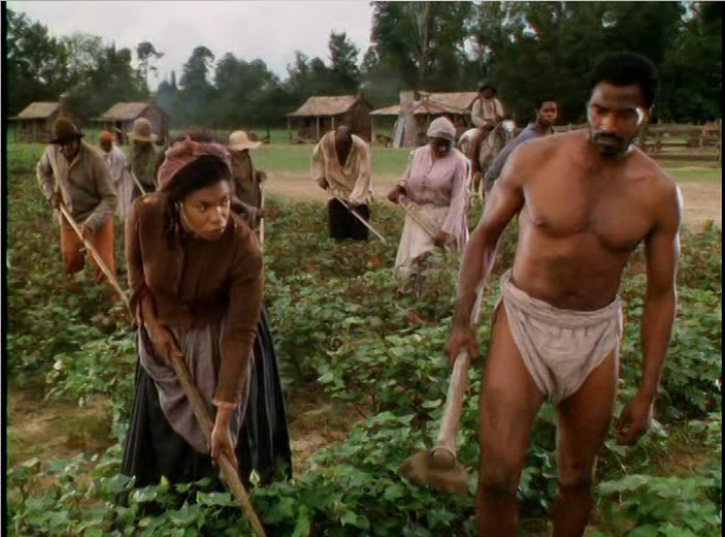
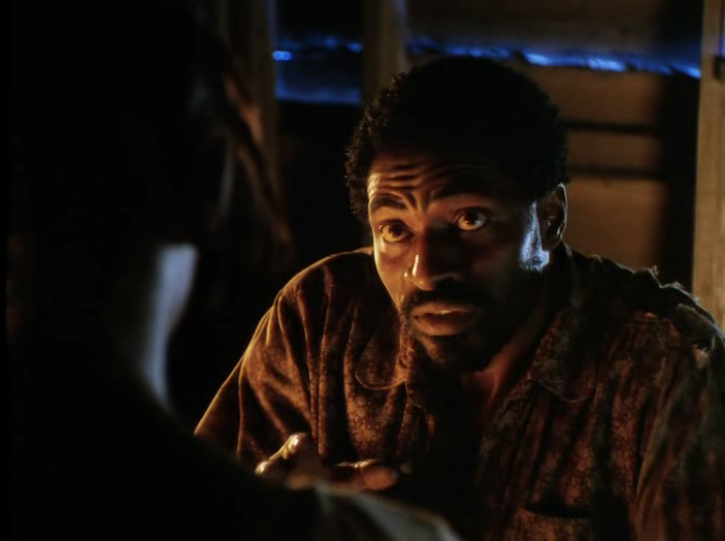
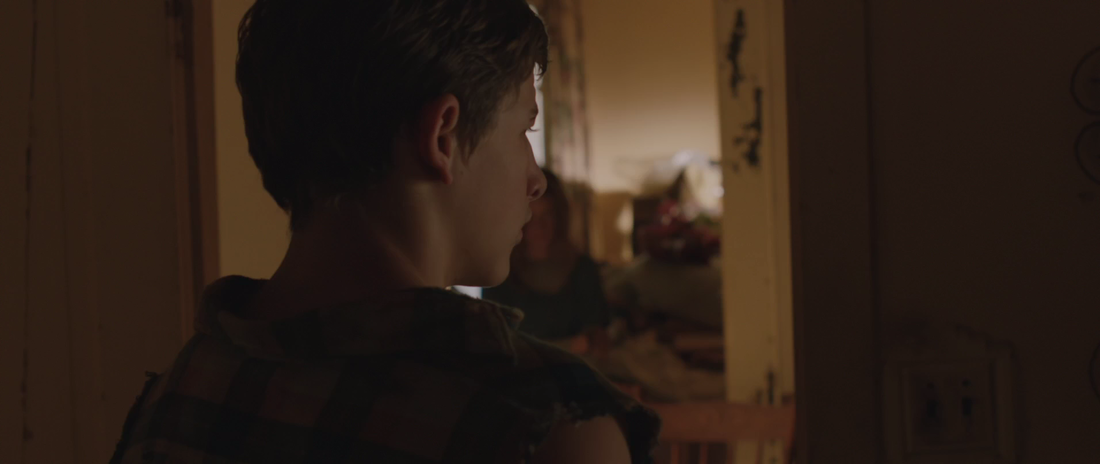
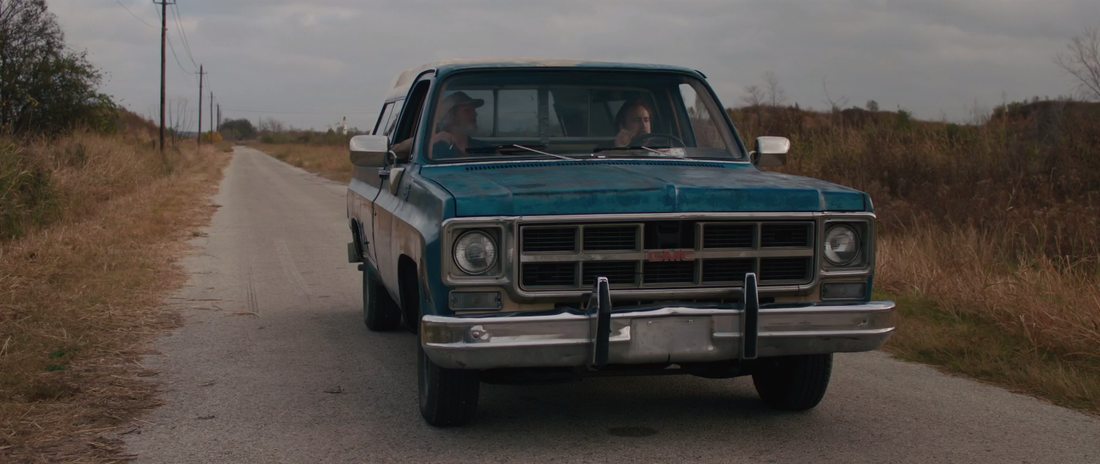
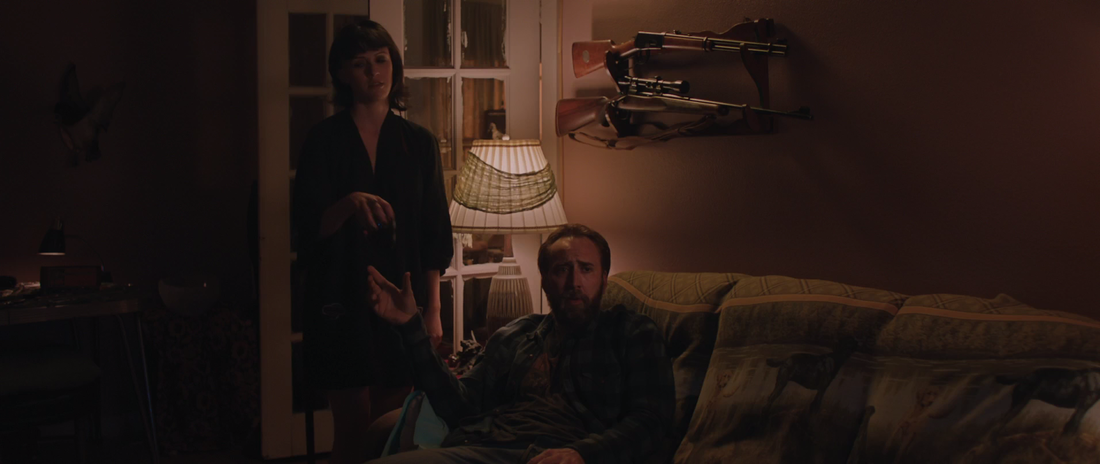
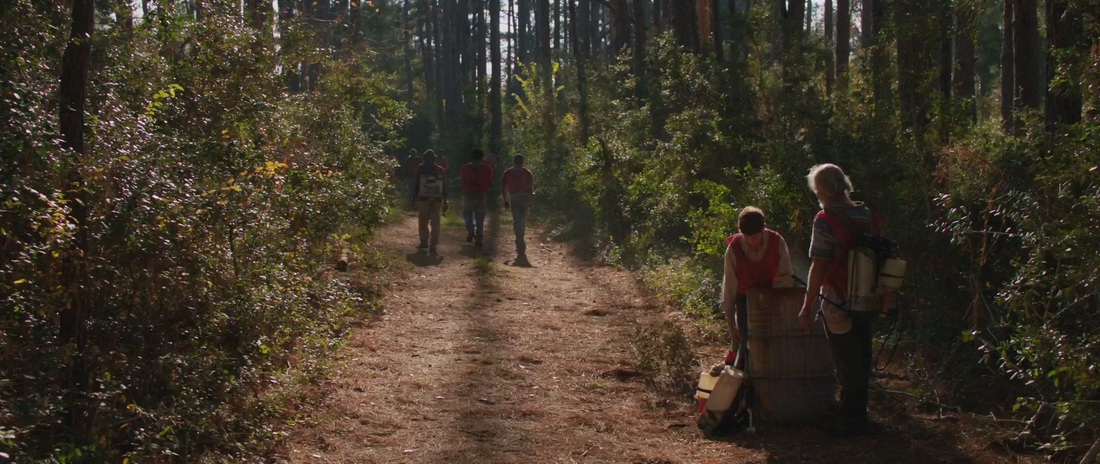
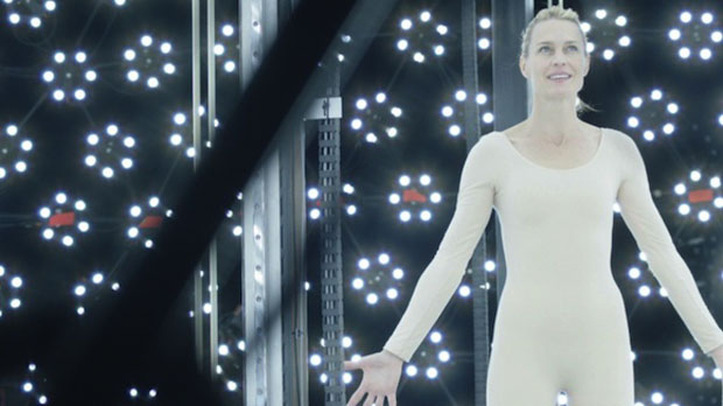
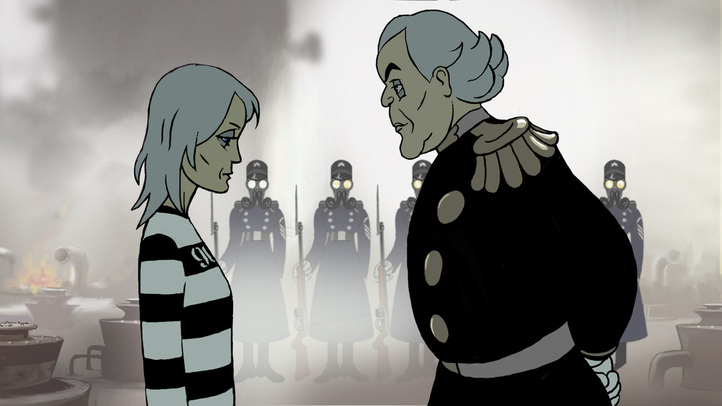
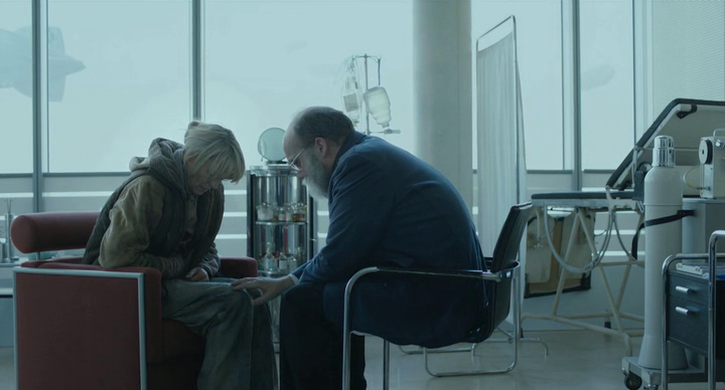
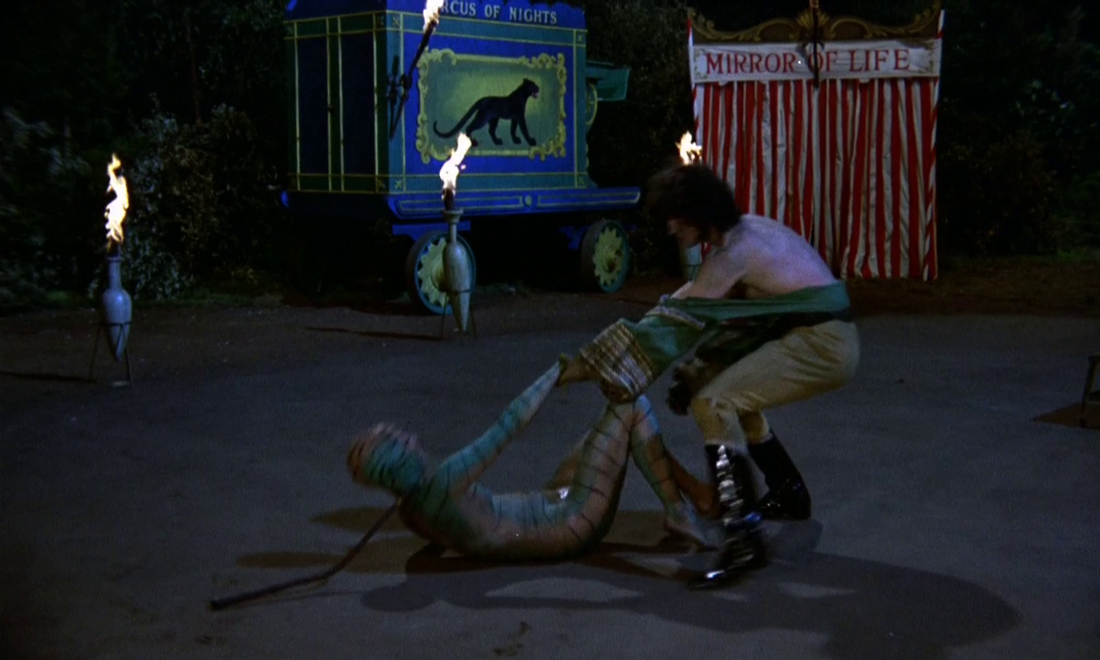
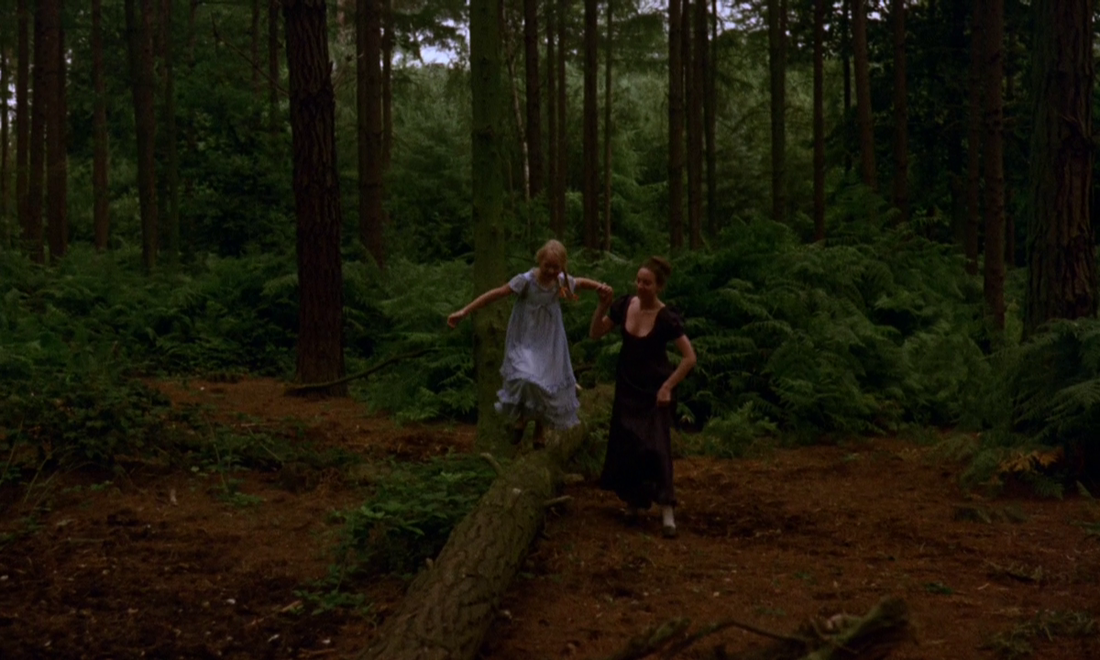
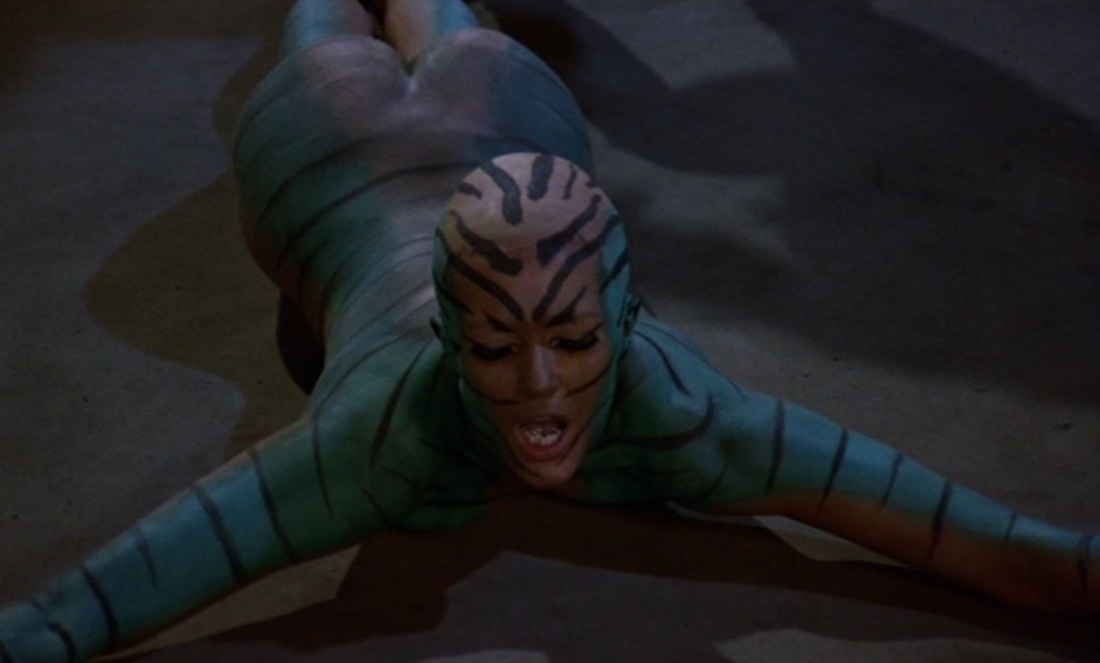
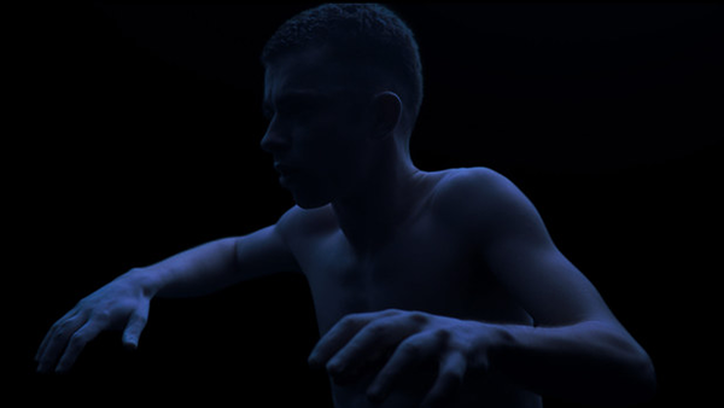
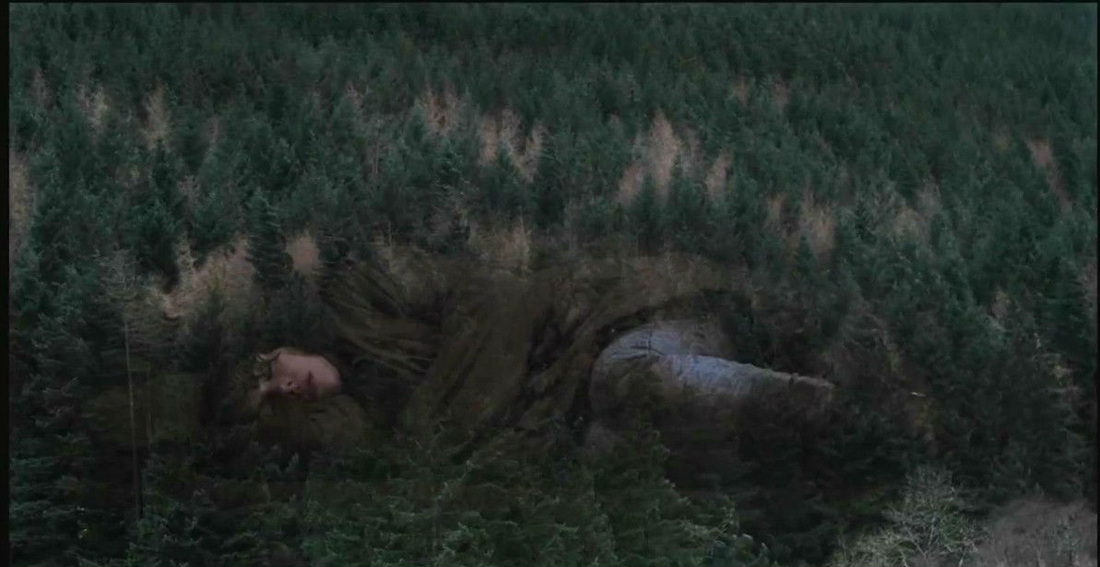

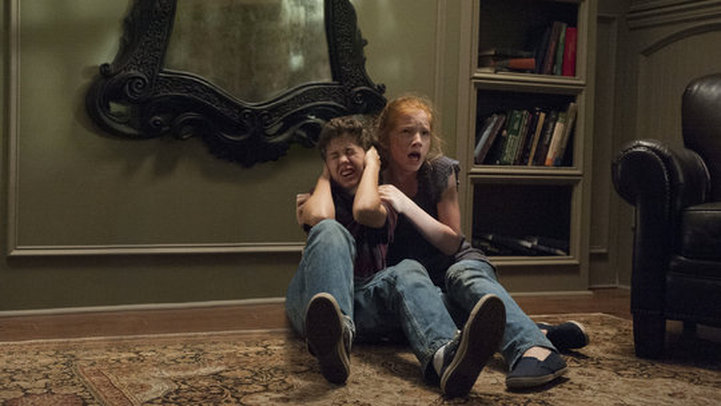
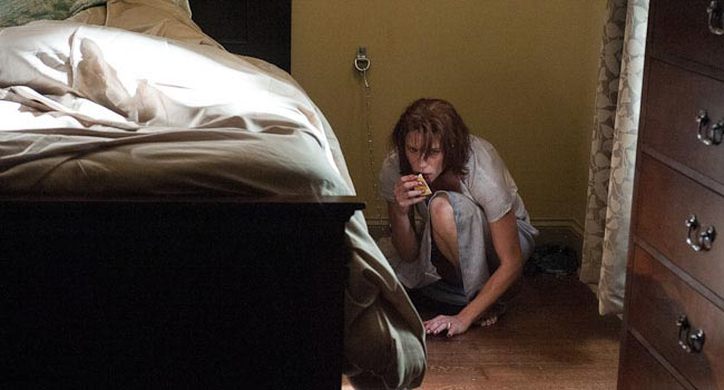
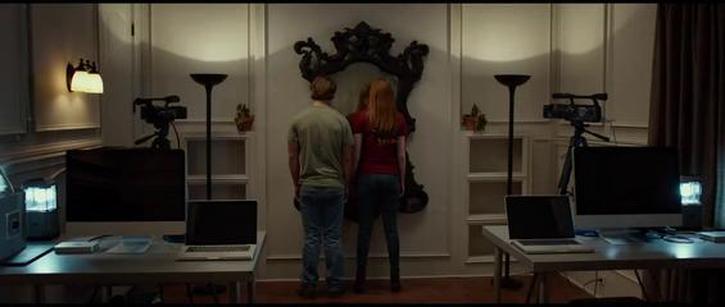
 RSS Feed
RSS Feed
